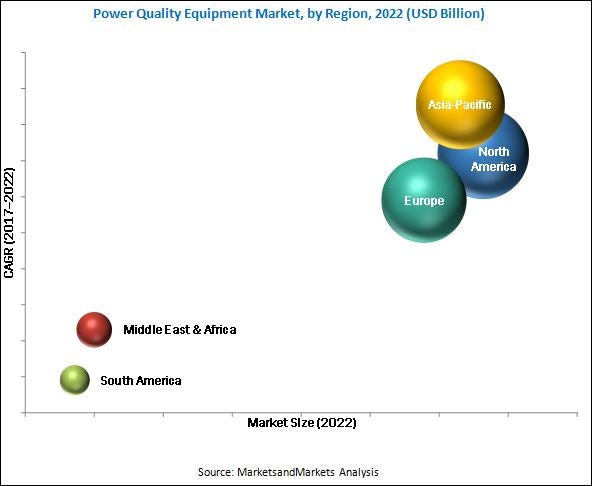The Hydrogen Generation Market
is Projected to reach USD 199.1 billion by 2023, at a CAGR of 8.0% from 2018 to
2023. The hydrogen generation market is expected to grow from USD 135.5 billion
in 2018 to USD 199.1 billion by 2023, at a Compound Annual Growth Rate (CAGR) of
8.0% during the forecast period. The major factors driving the hydrogen
generation market include the growing demand to decarbonize energy end-use,
government regulation for desulphurization of refinery activities, and
increased demand for hydrogen in the transportation sector. Stringent
restrictions on desulphurization of refinery products are expected to drive the
hydrogen generation market.
The hydrogen generation market has been segmented based
on application into petroleum refinery, ammonia production, methanol
production, transportation, power generation, and others. The transportation
segment is driven by the growing demand for fuel cell based electric vehicles
and buses in North America and Asia Pacific regions. Countries such as the US,
China, and Japan are currently investing in developing hydrogen fuel cell
infrastructure such as fuel stations and hydrogen generation methods.
The hydrogen generation market, by technology, is
segmented into steam reforming, partial oxidation, gasification, and
electrolysis techniques. Electrolysis technology segment is expected to grow at
the highest rate during the forecast period with the increasing demand for fuel
cells in transportation and power generation operations. Also, major players
are currently using the electrolysis technology through excess renewable power
integration that further increases the efficiency of operations.
Request For Sample Pages of the Report, click the below
link:
Market Size
Estimation
Both top-down and bottom-up approaches have been used to
estimate and validate the size of the global hydrogen generation market and its
dependent submarkets. These methods were also used extensively to estimate the
size of various subsegments in the market. The research methodology used to
estimate the market size includes the following:
·
The key players in the industry and markets have
been identified through extensive secondary research, and their market shares
in the respective regions have been determined through primary and secondary
research.
·
The industry’s supply chain and market size, in
terms of value, have been determined through primary and secondary research
processes.
·
All percentage shares, splits, and breakdowns
have been determined using secondary sources and verified through primary
sources.
This research report categorizes the hydrogen generation
market based on generation and delivery type, technology, application, storage,
and region.
Based on
generation and delivery type, the hydrogen generation market has been segmented
as follows:
·
Captive
·
Merchant
o Delivery
mode
o State
Based on
technology, the hydrogen generation market has been segmented as follows:
·
Steam methane reforming
·
Partial oxidation of oil
·
Coal gasification
·
Electrolysis of water
Based on
application, the hydrogen generation market has been segmented as follows:
·
Petroleum refinery
·
Ammonia production
·
Methanol production
·
Transportation
·
Power generation
·
Others
Based on storage,
the hydrogen generation market has been segmented as follows:
·
On-board storage
·
Underground storage
·
Power-to-gas storage
Based on region,
the hydrogen generation market has been segmented as follows:
·
Asia Pacific
·
North America
·
Europe
·
Middle East
·
Africa
·
South America
Major vendors in the hydrogen
generation market include Air Liquide (France), Air Products and Chemicals
(US), Iwatani (Japan), Hydrogenics (Canada), Linde (Germany), Praxair (US),
Messer Group (Germany), Showa Denko (Japan), Ally Hi-Tech (China), Caloric
(Germany), Claind (Italy), Erredue (Italy), HyGear (Netherlands), Nuvera Fuel
Cells (US), Proton OnSite (US), Taiyo Nippon Sanso (Japan), Teledyne Energy
Systems (US), Xebec (Canada), Ballard Power Systems (Canada), FuelCell Energy
(US), and Plug Power (US).

